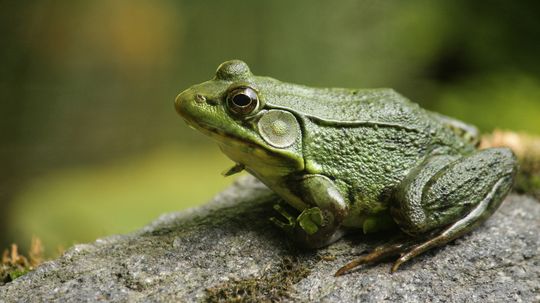Unveiling a fascinating phenomenon, the zebra shark has astounded scientists with its ability to reproduce without any mates. This extraordinary reproductive strategy showcases nature’s ingenuity and highlights the resilience of this remarkable species.
Astonishing Adaptations for Survival
In an environment where finding suitable mates can be challenging, the zebra shark has evolved a unique mechanism to ensure its survival. When deprived of potential partners, this solitary creature resorts to self-cloning as a means of reproduction.
This intricate process involves the development of unfertilized eggs within the female’s body through a process called parthenogenesis. The zebra shark possesses exceptional genetic adaptability that allows it to produce offspring genetically identical to itself.
Through this remarkable adaptation, these sharks have found an ingenious way to overcome obstacles and perpetuate their lineage even in isolation.
An Unprecedented Discovery
The revelation of self-cloning reproduction in zebra sharks is nothing short of groundbreaking. Scientists were initially puzzled by instances where female sharks gave birth despite being separated from males for extended periods.
Extensive research and DNA analysis confirmed that these offspring were indeed clones produced solely by their mothers. This discovery challenges conventional notions about sexual reproduction and opens up new avenues for understanding evolutionary biology.
Furthermore, studying these self-reproducing individuals provides valuable insights into how organisms adapt and thrive under adverse circumstances—a testament to nature’s resilience and resourcefulness.
A Glimmering Hope for Endangered Species
The ability of zebra sharks to clone themselves carries immense significance not only within scientific circles but also for conservation efforts worldwide. As numerous species face declining populations due to habitat loss and other threats, this unique reproductive strategy offers a glimmer of hope.
By understanding the mechanisms behind self-cloning reproduction, scientists can potentially apply this knowledge to aid endangered species that struggle with low genetic diversity or limited access to mates. This breakthrough could revolutionize conservation strategies and contribute significantly to preserving biodiversity.
The zebra shark’s remarkable adaptation serves as a reminder of nature’s resilience and its ability to find innovative solutions in the face of adversity. It is an inspiration for us all to appreciate the wonders of our natural world and strive towards its protection.
Awe-Inspiring Lessons from Nature
In conclusion, the zebra shark’s ability to reproduce through self-cloning showcases nature’s brilliance and adaptability. This extraordinary phenomenon challenges traditional notions about reproduction while offering hope for endangered species facing uncertain futures.
As we continue unraveling the mysteries of our planet, let us draw inspiration from these awe-inspiring lessons provided by Mother Nature herself. By nurturing our curiosity and embracing scientific exploration, we can work hand in hand with nature towards a sustainable future for all living beings on Earth.



